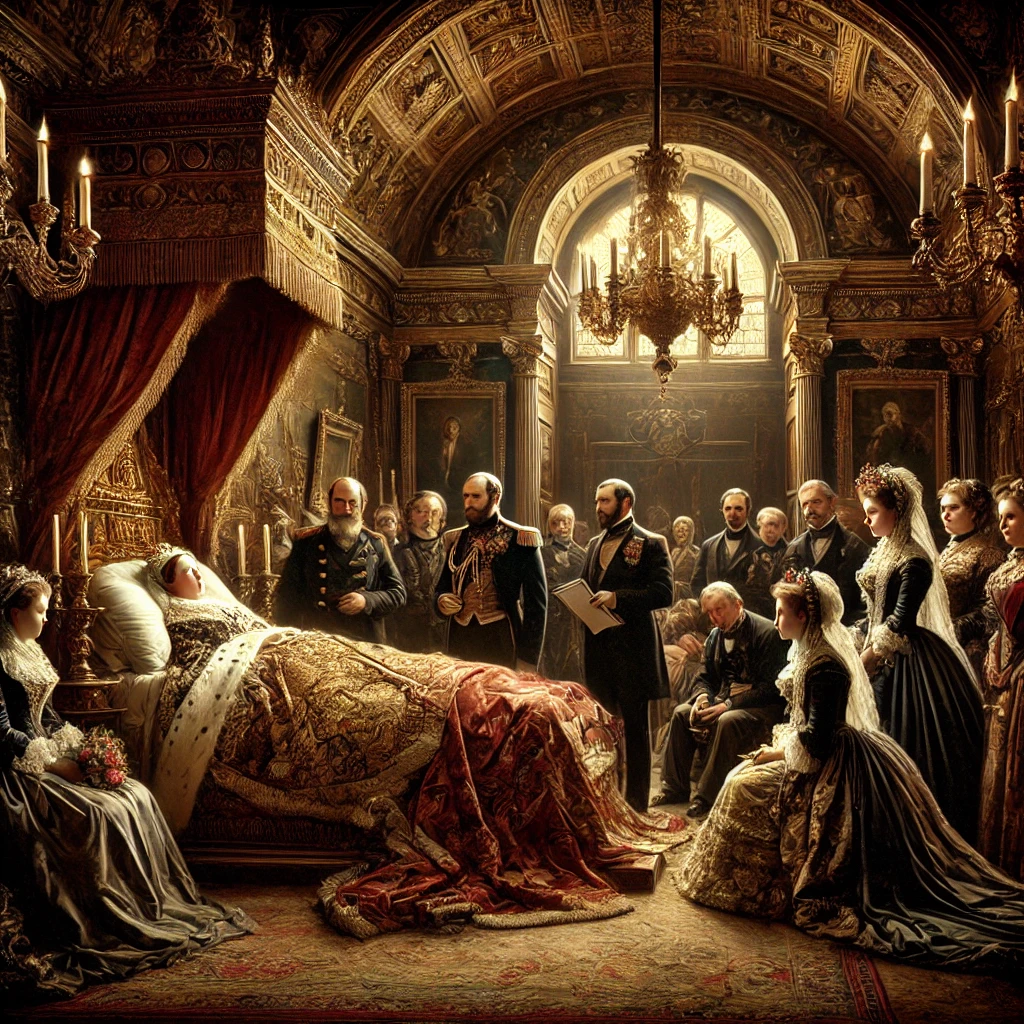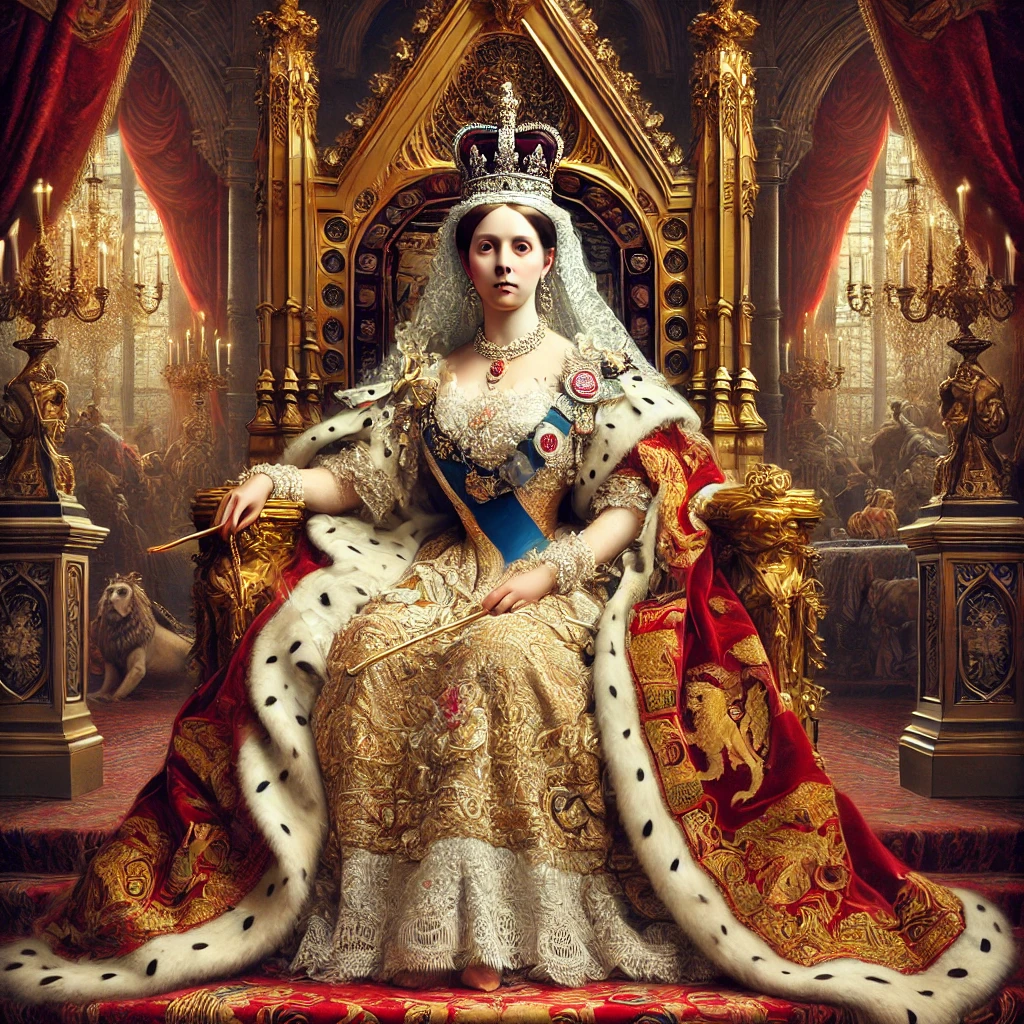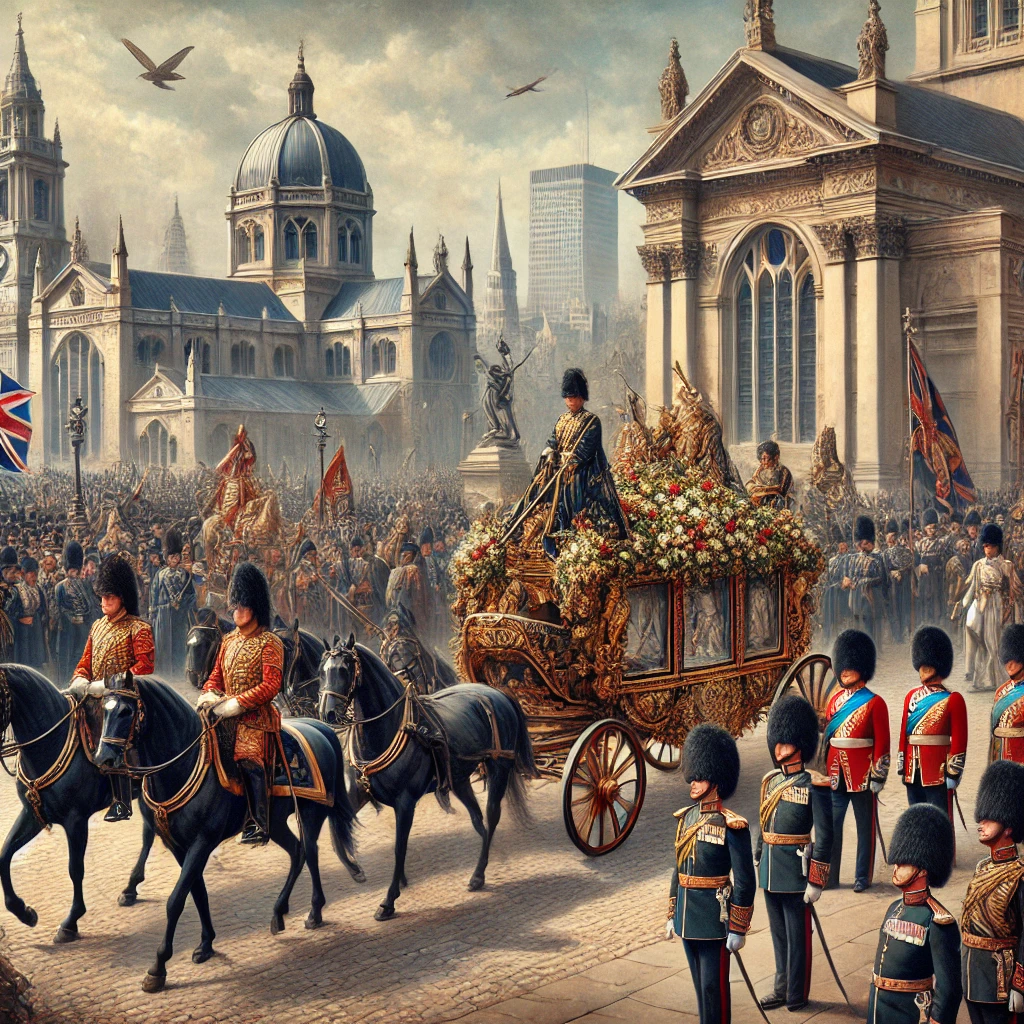A significant era in British history came to an end on January 22nd, 1901, with the passing of Queen Victoria. Her reign, known as the Victorian Era, left an indelible mark on the 19th century. As the second-longest reigning monarch in British history at the time, her death symbolized the closing of a chapter defined by industrial progress, imperial expansion, and societal transformation.

The Victorian Era: A Time of Transformation
Queen Victoria ascended to the throne in 1837, at the young age of 18. Her reign, which lasted 63 years, saw the United Kingdom undergo unprecedented changes. The Industrial Revolution reached its zenith during this period, transforming the nation from an agrarian society into an industrial powerhouse. Railways, factories, and urbanization reshaped the landscape of Britain, while innovations like the telegraph revolutionized communication.
Victoria’s reign also marked the height of the British Empire. By the end of the 19th century, the empire encompassed nearly a quarter of the world’s population and landmass, earning it the moniker “the empire on which the sun never sets.” Her role as a unifying figure helped cement Britain’s position as a global superpower. Yet, this era was not without its challenges, including growing inequality and social unrest, which laid the groundwork for future reforms.

Victoria’s Lasting Legacy
Queen Victoria’s influence extended far beyond her time on the throne. The Victorian Era left a legacy of cultural, political, and economic developments that continue to shape the modern world. For instance, her role in fostering the constitutional monarchy model ensured a stable political system that remains in place in the United Kingdom today.
Culturally, the era’s literature, art, and architecture continue to be celebrated. Figures like Charles Dickens, the Pre-Raphaelite Brotherhood, and Gothic Revival architects flourished under Victorian patronage. Moreover, the societal shifts initiated during her reign, such as the push for women’s rights and labor reforms, planted the seeds for progressive movements in the 20th and 21st centuries.
The End of an Era

Queen Victoria also redefined the public perception of the monarchy. Her emphasis on family values, duty, and morality resonated with her subjects and set a standard for future generations of royals. Her image as the “grandmother of Europe”—due to her many descendants—cemented her status as a matriarch not only of her own nation but also of European royalty.
The passing of Queen Victoria was more than the death of a monarch; it was the end of an era. Her remarkable reign continues to be a benchmark in history, illustrating how leadership can leave an enduring impact on society. Over a century later, her legacy remains a subject of admiration, analysis, and inspiration for generations to come.
